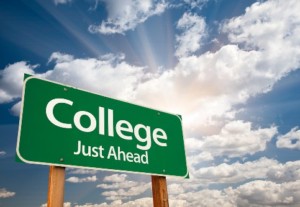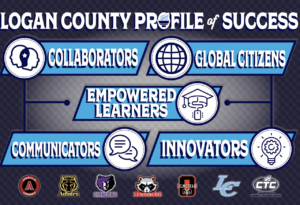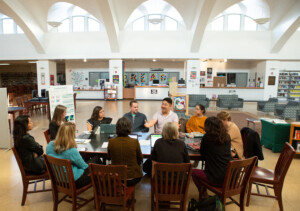Even college grads should be employable.
The National Journal asked the question, “How can colleges help graduates pursue a career?” For college students not attending a highly selective university, the most valuable employment asset is work experience.
Work and community-based learning should begin in high school. Three networks that do a particularly good job of structuring work experiences include Cristo Rey, Big Picture, High Tech High. Students graduating from schools in these networks have a good sense of what they’re interested in and perhaps even more importantly what they’re not interested in. They are comfortable and confident in adult work settings. And they have had dozens of experiences producing high quality work product subject to the scrutiny of public inspection.
Colleges and departments vary substantially in terms of their commitment to supporting relevant work experiences. Like the high schools above, the ones that appear to be most successful include 1) a credit requirement, 2) the support of an advisor, 3) a community of business partners, 4) a reflective experience after the internship. These attributes don’t occur organically—it takes strong department and college leadership to ensure that every student has several valuable work experiences tailored to identified career objectives. Many colleges could learn something from successful high school internship programs.








0 Comments
Leave a Comment
Your email address will not be published. All fields are required.